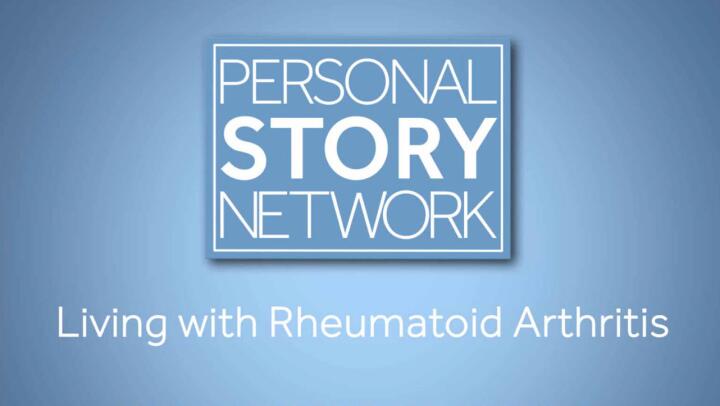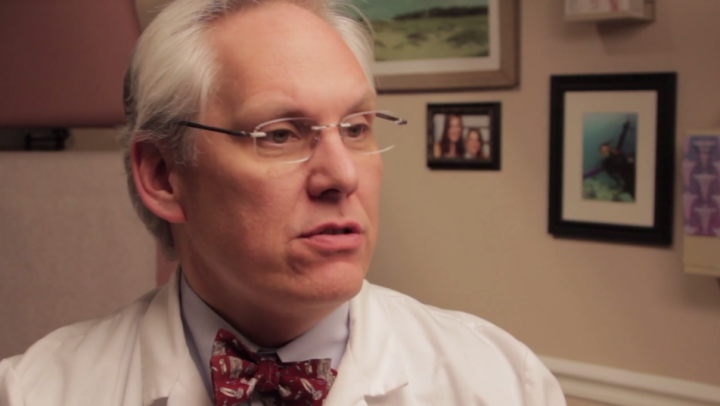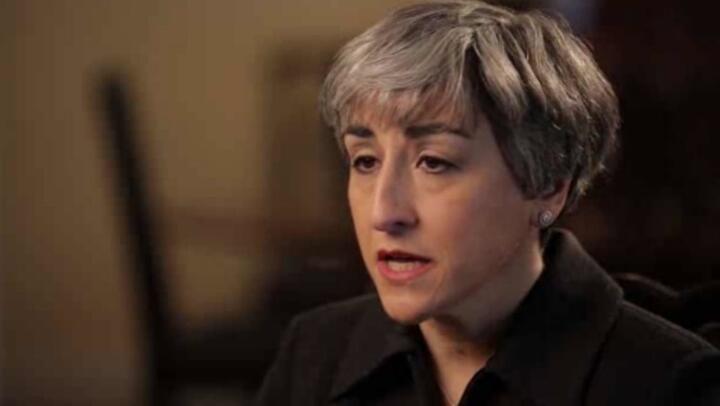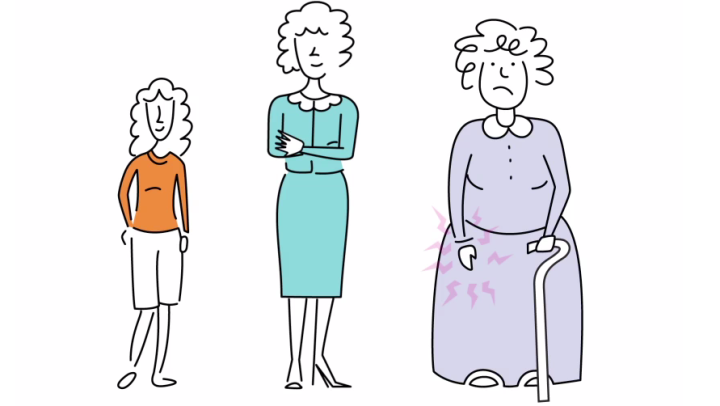
Smoking is a risk factor for many different diseases, and rheumatoid arthritis (RA) is no exception. Not only is smoking associated with a greater risk for RA, it can dampen your response to RA treatments, too.
A Controllable Risk
Although you can’t control all the risk factors for RA, such as your age, family history, or genes, smoking is one you can control. Your risk rises if you carry certain genes for the disease. A 2011 study in the Annals of Rheumatic Diseases found that more than 50% of RA cases are due to smoking in people who carry a certain gene associated with RA. In some instances, the more you smoke, the greater your risk. Heavy smokers are still at an increased risk for RA decades after quitting.
How Smoking Affects RA Medication
A 2011 study published in the journal Arthritis & Rheumatism found that people with RA who smoke are less likely to respond to commonly used RA treatments. Only 27% of smokers showed a good response to treatment with the medication methotrexate, a disease-modifying antirheumatic drug (DMARD), compared to 36% of people who had never smoked.
Likewise, only 29% of smokers showed good improvement with a tumor necrosis factor (TNF) inhibitor, another medication to treat RA, compared with 43% of people who had never smoked. Current smokers had a lower chance of responding well to treatment for RA even five years into that treatment.
The good news? If you’ve kicked the tobacco habit, a history of smoking doesn’t seem to harm your response to treatment.
Experts don't fully understand how smoking affects your response to RA treatments. One thought is that it may affect how your body metabolizes medications for RA. Another possibility is that smoking may make the underlying disease more severe and harder to treat.
If you smoke, be sure to tell your doctor. There are many options available to help you leave cigarettes behind, even if you’ve tried to quit in the past.
Key Takeaways
A 2011 study found that more than 50% of RA cases are due to smoking, in people who carry a certain gene associated with RA.
Another recent study found that people with RA who smoke are less likely to respond to commonly used RA treatments.
The good news? If you’ve quit tobacco, a history of smoking doesn’t seem to harm your response to treatment.



























